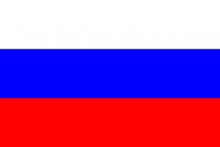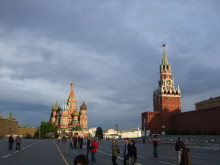Russian spacecraft returns to Earth with most of its furry crew dead
A Russian spacecraft containing 45 mice, 8 gerbils, and 15 newts returned to Earth on Sunday. The spacecraft, a modified Bion-M life sciences satellite, was launched in April 2013 and was intended to study the biological effects of long-term weightlessness. However, due to a combination of equipment failure and what scientists referred to as "the stresses of space," fewer than half the mice (and none of the gerbils) remained alive after their month in space. The newts were fine, though.












































































